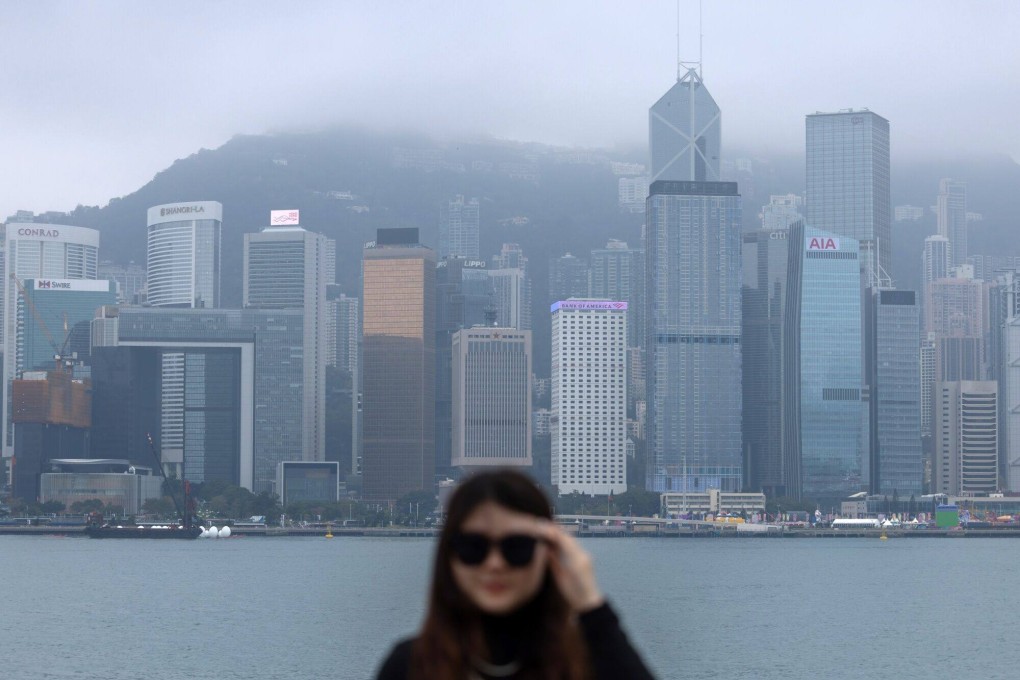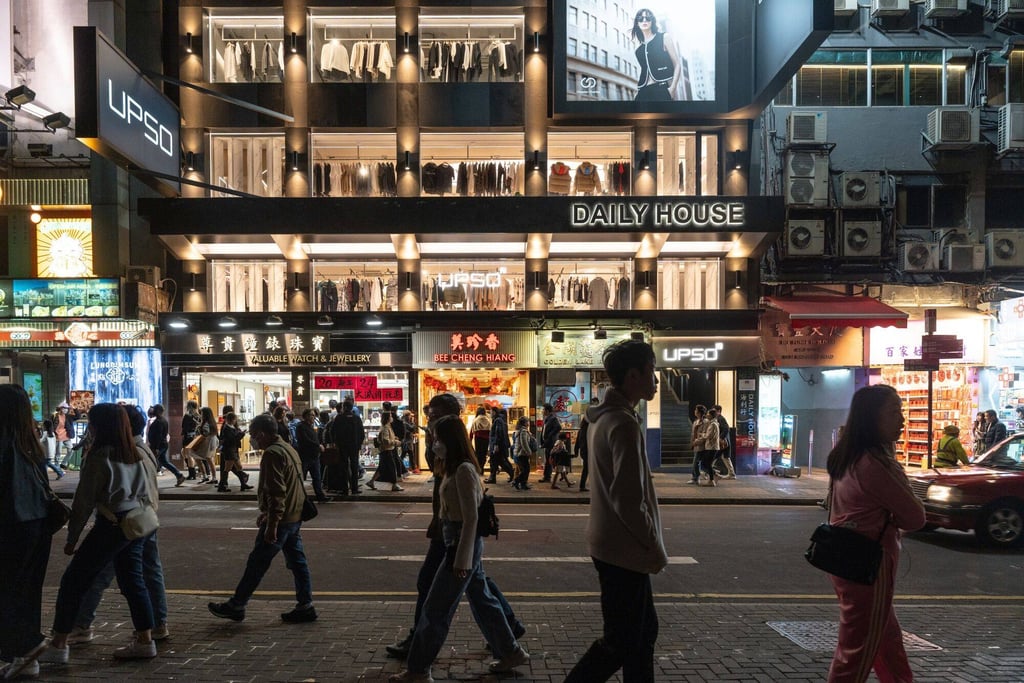Advertisement
Opinion | How Hong Kong can avoid being sidelined in the Greater Bay Area
- Hong Kong has been struggling to find its post-pandemic footing, with the stock market slumping and tourism not yet back on track
- For the city to play the pivotal role expected of it in the Greater Bay Area, it must distinguish itself by providing goods and services of premium quality and lean into technology
Reading Time:3 minutes
Why you can trust SCMP
5

Nearly seven years ago, Chinese President Xi Jinping witnessed the signing of the framework agreement on deepening cooperation between Hong Kong, Macau and Guangdong province as part of the Greater Bay Area, which was envisioned as a world-class cluster of cities in the Pearl River Delta.
Some two years later, in 2019, the central government released a document outlining the direction for the bay area scheme as a unified economic hub. Since then, the Greater Bay Area has become one of the world’s most vibrant and interconnected development projects – even though the zone encompasses three different currencies, customs systems and legal institutions.
During the Covid-19 pandemic, the bay area’s combined gross domestic product growth rate was 11.5 per cent in 2021 and 2 per cent in 2022, according to a research paper published by Hang Seng Indexes. And the science and technology cluster consisting of Shenzhen, Hong Kong and Guangzhou has ranked second in the world for four consecutive years, based on data from the last several Global Innovation Index reports released by the World Intellectual Property Organization.
Now, amid the momentum of the post-pandemic recovery and the restoration of law and order in Hong Kong, the time is right to seek a new vision and path for the city within the Greater Bay Area. Hong Kong is poised to play a pivotal role in this overall strategic vision, especially with the 14th Five-Year Plan including national support for the city to enhance its status as an innovation and technology hub, a centre for both international finance and trade, and a focal point for international cultural exchange.
However, Hong Kong’s growth has seemingly fallen below expectations. Our stock market was among the world’s worst-performing last year, having plummeted continuously over the past three years. The property market is experiencing a downturn. Even the tourism industry, a key pillar of the city’s economy, has been struggling to reach pre-Covid levels.
To avoid being sidelined within the bay area development zone, Hong Kong must refocus on quality and sophistication in goods and services rather than competing on price and quantity. A case in point is that, during the Lunar New Year holiday, Hong Kong’s Immigration Department initially recorded more than 1.43 million visitors, the vast majority of whom were from the mainland. But transit data and social media suggest many tourists from the mainland are opting for day trips, especially with the availability of cheaper but similar lodging options in nearby Shenzhen.

Advertisement
